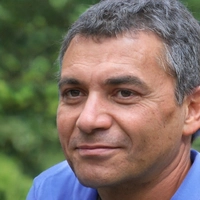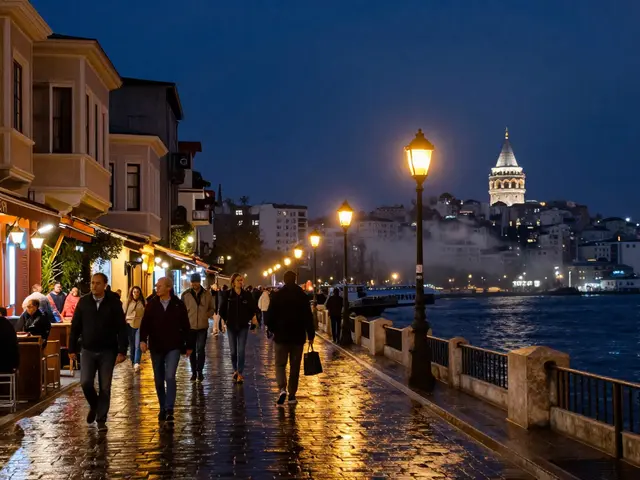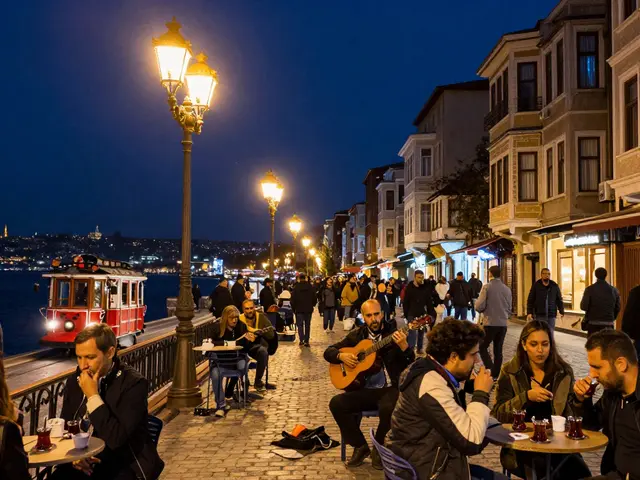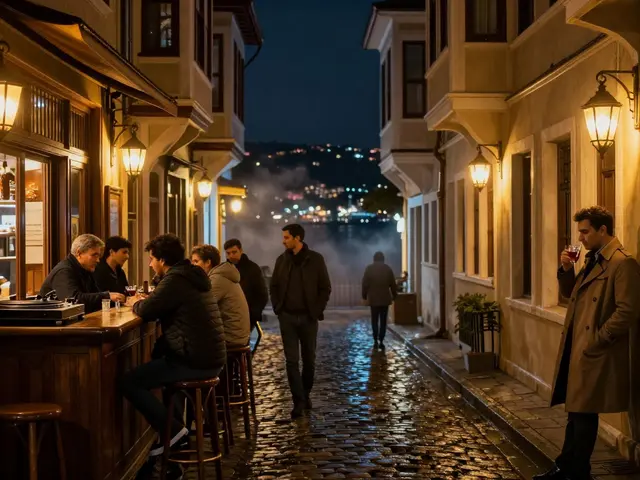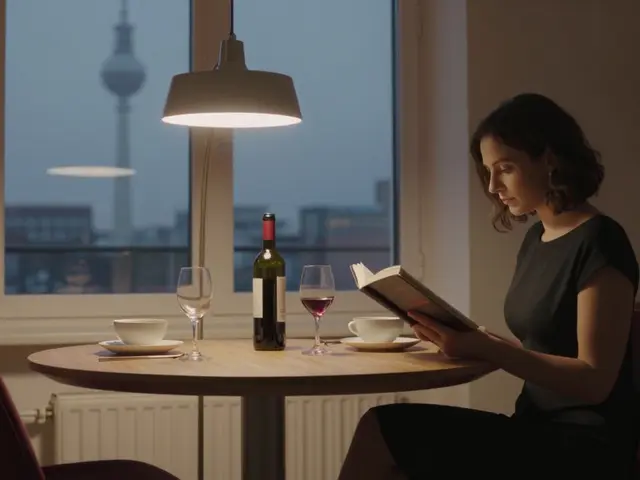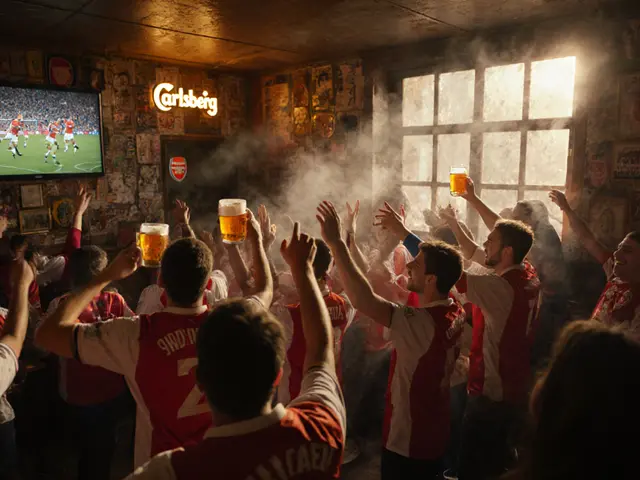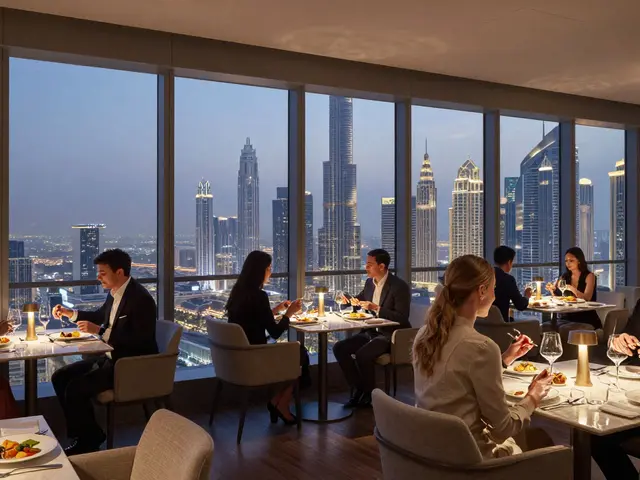When the sun sets over the Bosphorus, Istanbul doesn’t sleep-it transforms. The city’s nightlife isn’t just about clubs and cocktails. It’s a layered experience where centuries of culture, spice-laden aromas, and the rhythm of Ottoman and modern Turkey collide after dark. You won’t find just one kind of night here. You’ll find quiet mezze bars tucked into alleyways, live saz music drifting from hidden courtyards, rooftop lounges with skyline views, and 3 a.m. kebabs eaten with friends who became family by sunrise.
Where the Night Begins: Mezze and Mezun
Most visitors think of Istanbul’s nightlife as starting at midnight. But for locals, it begins at 9 p.m., with a table full of small plates and a glass of raki. In neighborhoods like Karaköy and Beyoğlu, mezze bars are the heartbeat of the evening. At Çiya Sofrası in Kadıköy, you’ll find over 100 dishes-some from forgotten villages in southeastern Turkey. Try the hünkar beğendi (smoky eggplant purée with lamb), or the çiğ köfte made with raw beef, pomegranate molasses, and mint. No one rushes you. The night stretches out like the Bosphorus at dusk.
These aren’t tourist traps. Locals come here because the food tastes like home. The staff remembers your name. The owner might pull up a chair and tell you about his grandmother’s recipe for stuffed grape leaves. This is how Istanbul nights begin: slowly, deliberately, with flavor.
The Music That Moves the Streets
Walk down İstiklal Caddesi after 11 p.m., and you’ll hear it: the haunting sound of a ney flute, the pulse of a darbuka drum, or the electric buzz of a rock band playing in a basement club. Istanbul’s music scene doesn’t fit into one box. In the historic district of Galata, Cezayir hosts live Turkish folk musicians who blend centuries-old melodies with modern jazz. You’ll see students, retirees, and expats swaying together-no phones out, just bodies moving to rhythms older than the city itself.
For something grittier, head to Babylon in Beyoğlu. It’s been a cultural landmark since the 1990s. Bands from Istanbul’s underground scene play here-noise rock, electronic fusion, even Turkish punk. The walls are stained with decades of smoke and sweat. The sound system doesn’t just play music; it vibrates your ribs. This isn’t background noise. It’s the sound of a city refusing to be defined by stereotypes.
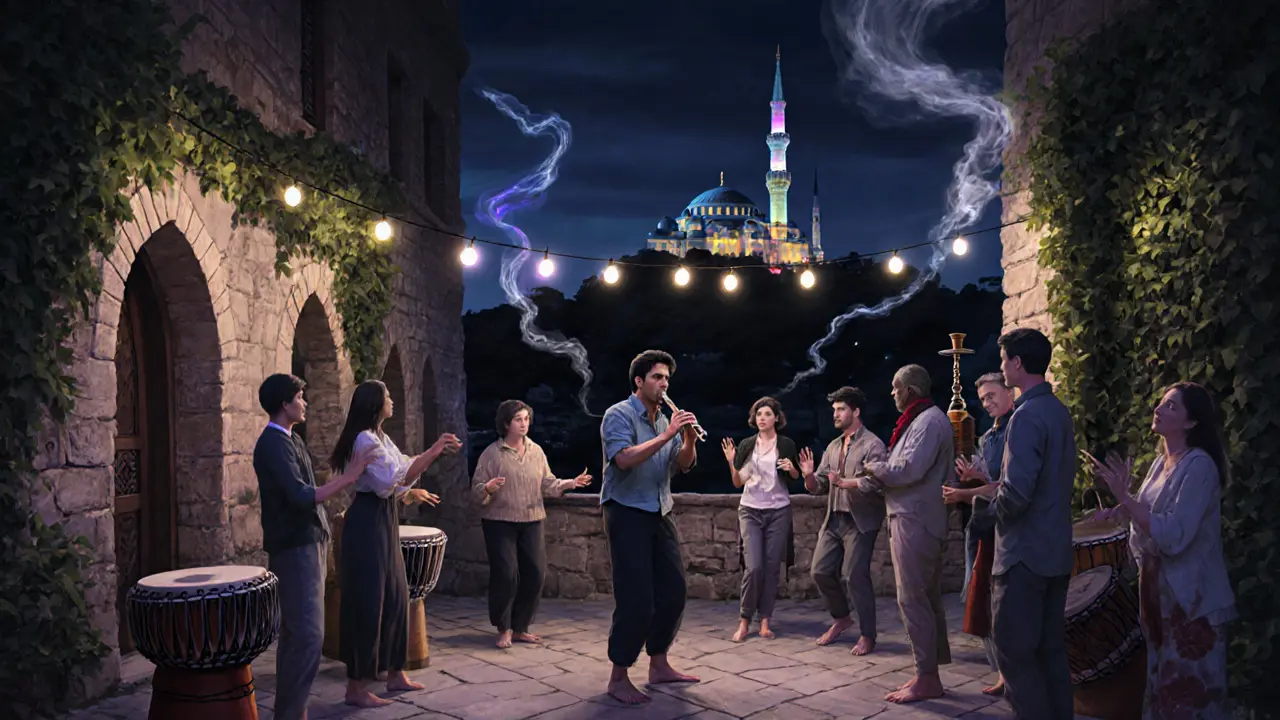
Rooftops, River Views, and Midnight Drinks
If you want to see Istanbul from above, skip the tourist cruises. Go to a rooftop bar instead. Mikla on the top floor of the Marmara Pera Hotel offers modern Turkish cuisine paired with panoramic views of the Golden Horn. Their cocktail menu changes monthly, but the Black Sea Sour-made with black mulberry syrup and local honey-is a constant. You’ll sip it while watching the call to prayer echo across the water, followed by the glow of neon signs from the opposite shore.
For something more intimate, try Karaköy Güverte. It’s not flashy. No velvet ropes. Just a wooden deck, string lights, and a view of the Galata Tower. The drinks are simple: gin and tonic with Turkish rose, or a glass of natural wine from the Black Sea region. People come here to talk, not to be seen. You’ll hear conversations in Turkish, English, Arabic, and Russian-all blending into the night.
The 3 a.m. Kebab Rule
No night in Istanbul is complete without a kebab at 3 a.m. This isn’t a suggestion. It’s a rule. The city has dozens of places that stay open until dawn, but the best ones are the unmarked ones. In the backstreets of Fatih, Kebapçı İskender serves its famous döner with tomato sauce and melted butter over toasted bread. It’s messy. It’s greasy. It’s perfect.
Or find Sarıyer Kebap near the Bosphorus bridge. They grill lamb over charcoal and serve it with grilled peppers and flatbread. The owner doesn’t speak English. He just nods when you point to the menu. You’ll eat standing up, napkins in hand, surrounded by construction workers, students, and night-shift nurses. No one asks where you’re from. They just hand you another piece of bread.
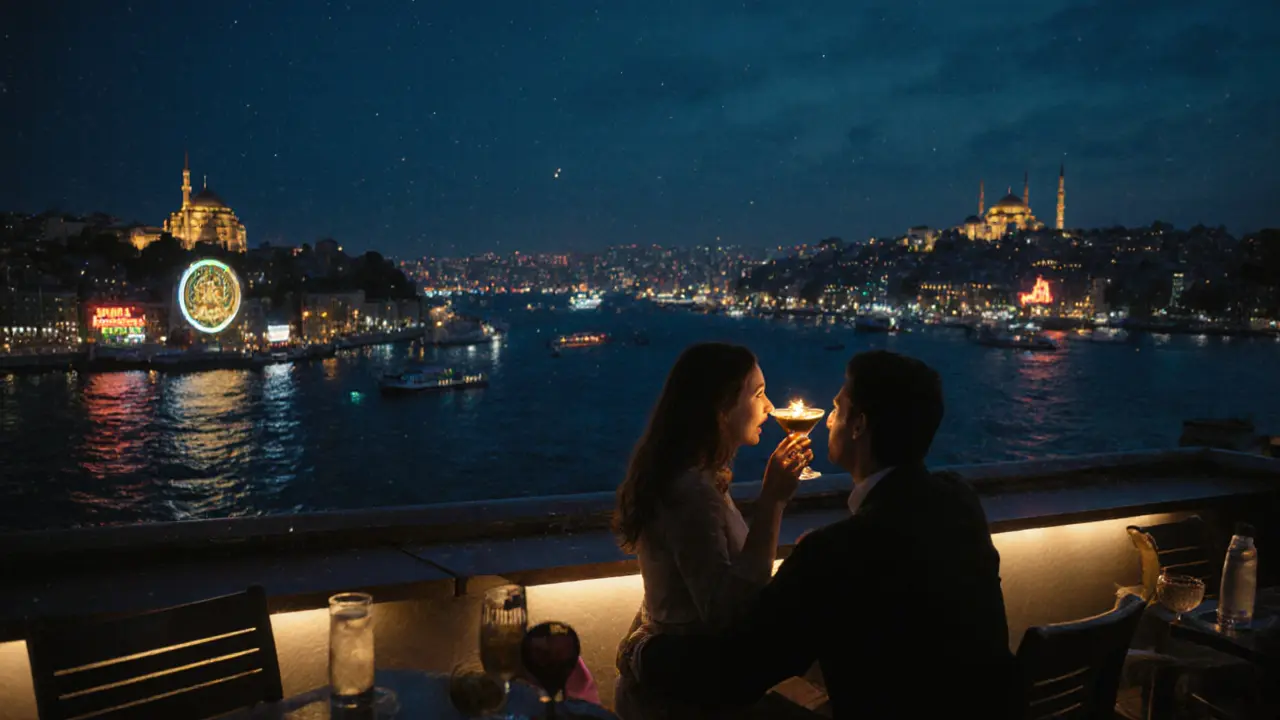
Drinks That Tell Stories
Forget vodka shots and mojitos. Istanbul’s drink culture is about tradition, craft, and surprise. Raki is the national spirit-often called "lion’s milk" because it turns milky white when mixed with water. At Raki Lab in Karaköy, you’ll taste 12 different raki varieties, each with its own botanical blend: fig, anise, rose, even black tea. The bartender will explain how each one was distilled, and why some are aged in oak barrels.
For something lighter, try Turkish coffee cocktails at Kahve Dünyası. They infuse cold brew with cardamom, orange peel, and a splash of tahini liqueur. It’s bitter. It’s sweet. It’s unlike anything you’ve had before. And yes, they serve it with a small glass of water-because even in a cocktail, Turkish tradition holds.
When the Night Ends: Dawn and the Call to Prayer
By 5 a.m., most clubs are closed. But the city doesn’t go quiet. The call to prayer rises from the minarets, soft and steady. Some people head home. Others walk along the Bosphorus, sipping tea from paper cups. You’ll see old men playing backgammon under streetlights. Young couples sharing a single pastry. A street vendor flipping simit-sesame-crusted bread rings-just as the first light hits the water.
This is when Istanbul feels most real. No music. No crowds. Just the rhythm of a city that never stops breathing. You’ll leave tired, full, and changed. Not because you danced until dawn, but because you ate with strangers, listened to music that made your chest ache, and drank something that tasted like history.
Is Istanbul nightlife safe for tourists?
Yes, Istanbul’s nightlife is generally safe for tourists, especially in popular areas like Beyoğlu, Karaköy, and Kadıköy. The streets are well-lit, and police patrols are common. Avoid isolated alleys after midnight, and keep an eye on your belongings in crowded places. Most locals are welcoming and will help if you’re lost or unsure. Don’t drink too much raki on an empty stomach-it’s strong, and it sneaks up on you.
What’s the best time of year to experience Istanbul nightlife?
April to June and September to November are ideal. The weather is mild, outdoor terraces are open, and the city feels alive without the summer crowds. Summer (July-August) gets hot and packed, especially on the Princes’ Islands. Winter nights are quieter but still vibrant-many bars keep heating lamps on, and indoor music venues thrive. If you want authentic local energy, avoid major holidays like Ramadan Bayram, when many places close for days.
Do I need to dress a certain way for Istanbul nightlife?
Not really. Istanbul is a mix of conservative and modern, and nightlife reflects that. In upscale rooftop bars or clubs, smart casual works fine-no need for suits or heels. In neighborhood bars or kebab spots, jeans and a t-shirt are perfectly normal. Avoid overly revealing clothing in more traditional areas like Fatih or Eminönü, but don’t stress. Locals don’t judge tourists for what they wear. What matters is respect. Cover your shoulders if you’re entering a mosque near a nightlife area, but otherwise, be yourself.
Can I find vegan or vegetarian options in Istanbul’s nightlife?
Absolutely. Turkish cuisine has deep vegetarian roots. Mezze bars are your best friend-think hummus, stuffed peppers, eggplant salad, lentil soup, and grilled vegetables. Places like Veganista in Nişantaşı and Meyhane in Karaköy offer full vegan menus. Even traditional spots like Çiya Sofrası have dozens of plant-based dishes. Just ask for vejeteryen-they’ll know what you mean.
How much should I budget for a night out in Istanbul?
You can have a great night out for as little as 500 Turkish lira ($15) if you stick to local spots: a few mezze plates, a bottle of beer, and a kebab at dawn. At mid-range bars or rooftop lounges, expect 1,500-3,000 lira ($45-90) for drinks, small bites, and music. High-end places like Mikla or Nusr-Et will cost 10,000+ lira ($300+). But the best experiences-the hidden bars, the street-side raki, the 3 a.m. kebab-are cheap. Money doesn’t buy the best night. Curiosity does.
If you’re looking for a night that sticks with you, don’t chase the clubs. Chase the smell of grilled lamb. The sound of a ney flute echoing off stone walls. The quiet moment when the call to prayer and the distant beat of a bassline overlap. That’s Istanbul after dark-not a spectacle, but a story you didn’t know you needed to live.
